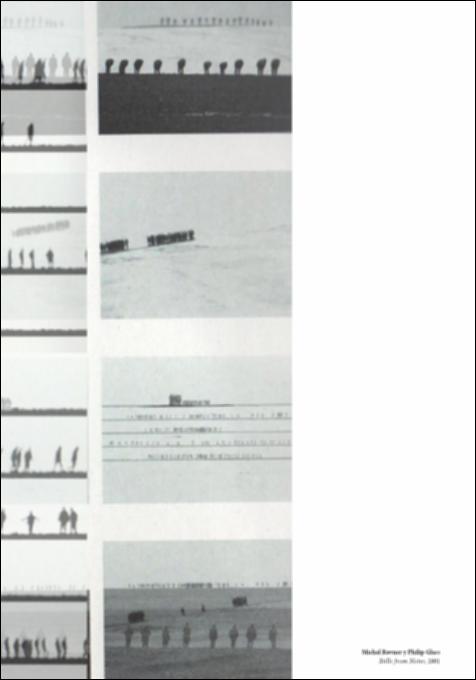Please use this identifier to cite or link to this item:
http://hdl.handle.net/10637/11902De por qué William Morris, comunista, se dedicaba a traducir sagas islandesas.
| Title: | De por qué William Morris, comunista, se dedicaba a traducir sagas islandesas. On Why William Morris, a Communist, Spent his Time Translating Icelandic Sagas |
| Authors : | López Segura, Manuel |
| Keywords: | William Morris; Karl Marx; Slavoj Zizek; Pre-Raphaelites; Regressive utopia; Division of labour; Psychoanalysis; Utopía regresiva; División del trabajo; Psicoanálisis |
| Abstract: | El presente artículo aborda una paradoja constitutiva del movimiento
Arts & Crafts: su paralela fascinación por la Edad Media y su adscripción
al movimiento socialista. Sus padres fundadores no encontraban contradicción
alguna entre la nostalgia por un pasado idealizado al que querían
volver y su rol activo en la promoción del movimiento comunista
británico. El artículo señala la convergencia entre el rechazo prerrafaelita
del arte producido desde el Renacimiento y el análisis de Marx sobre su
dependencia de formas de división del trabajo propias del capitalismo
temprano. El artículo concluye afirmando que la paradoja sólo puede
explicarse recurriendo a aportaciones contemporáneas que han procurado
testar los límites del Marxismo ortodoxo en el ámbito de la subjetividad
a la vez que extendían la propia tradición marxista de modo que
pudiese iluminar fenómenos como el analizado en este artículo. This article reflects on a paradox at the core of the Arts & Crafts movement: the parallel fascination with the Middle-Ages and the espousing of Socialism. Its father figures saw no contradiction between their longing for an idealized past to which they intended to return and their active role in fostering the cause of the British Communist movement. The article points at the convergence between the Pre- Raphaelite rejection of the art produced since the Renaissance and Marx's analysis of its reliance on early Capitalist forms of the division of labour. The article concludes by claiming that the apparent paradox can only be disentangled by resorting to contemporary contributions that have sought at a time to test the limits of orthodox Marxism in the realm of the subjective and to extend that very same tradition to account for phenomena such as the one under analysis here. |
| Description: | En: Constelaciones. ISSN. 2340-177X. n. 4, 2016, pp 43-53 |
| URI: | http://hdl.handle.net/10637/11902 |
| Rights : | http://creativecommons.org/licenses/by-nc-nd/4.0/deed.es |
| Issue Date: | 1-May-2016 |
| Appears in Collections: | Núm. 4 (2016) |
Items in DSpace are protected by copyright, with all rights reserved, unless otherwise indicated.


